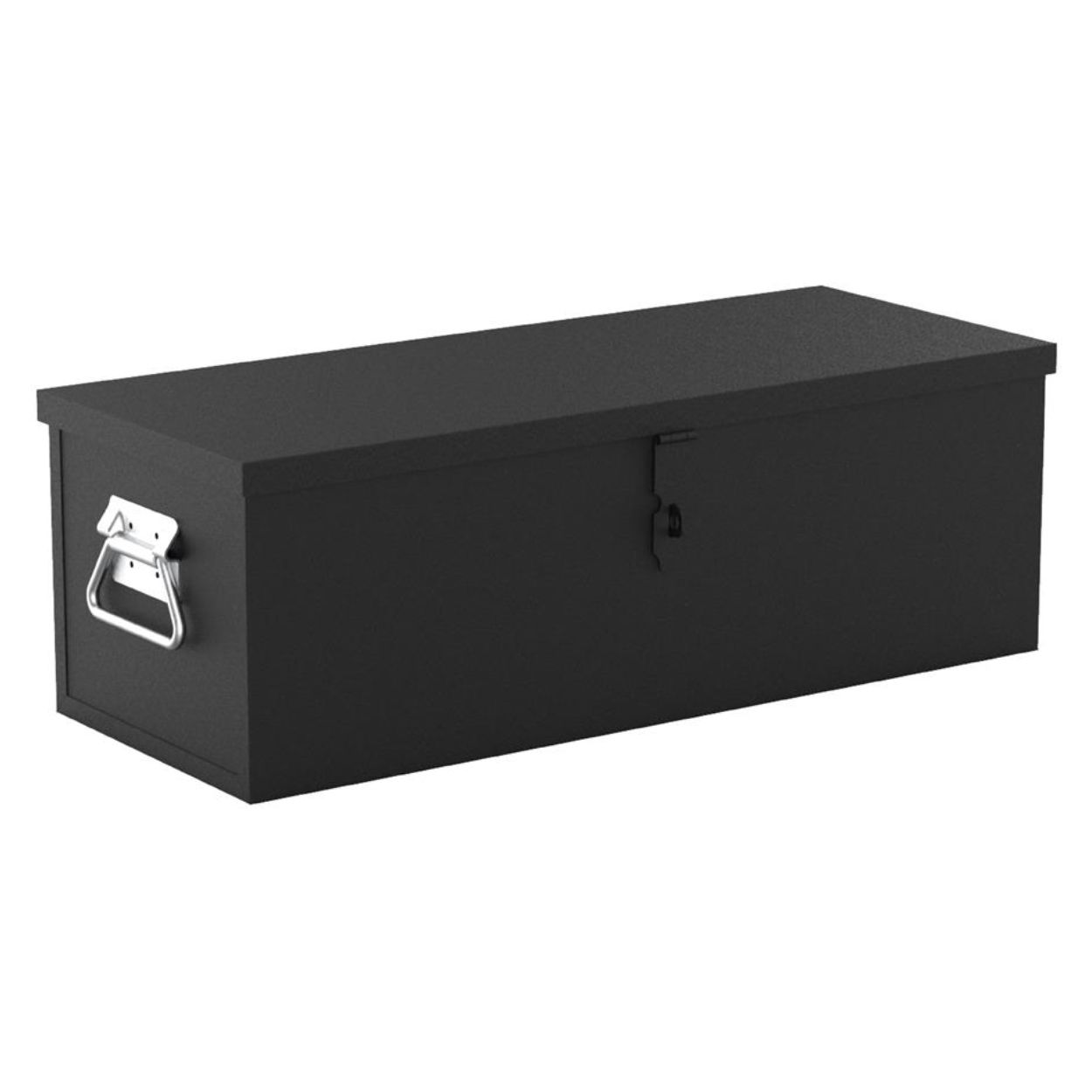
- +86 180 5858 6702
- [email protected]
- Yongjiang Industrial Park, Ningbo, Zhejiang
This article delves into the world of truck tool boxes, exploring the different types available and the crucial factors to consider when selecting the perfect one for your needs. From materials and durability to security and organization, we’ll cover all the essential aspects that make a truck tool box a worthwhile investment for any truck owner. This guide is worth reading because it provides a comprehensive overview of truck tool boxes, helping you navigate the vast array of options and make an informed decision that ensures your tools and equipment are safe, secure, and easily accessible.
A truck tool box is a storage container specifically designed to be mounted on a truck bed, providing a secure and organized space for storing tools and equipment. They are an essential accessory for anyone who uses their truck for work or regularly transports tools, from contractors and construction workers to mechanics and DIY enthusiasts. Tool boxes also provide great level of protection.
Having a dedicated tool box on your truck offers numerous benefits. It keeps your tools organized and easily accessible, saving you time and frustration when you need them. It also protects your valuable tools from theft, damage, and the elements. Moreover, a truck tool box frees up space inside the cab, making your truck more comfortable and organized. You can use it to store there some common tools and different tools. Boxes come in various sizes.
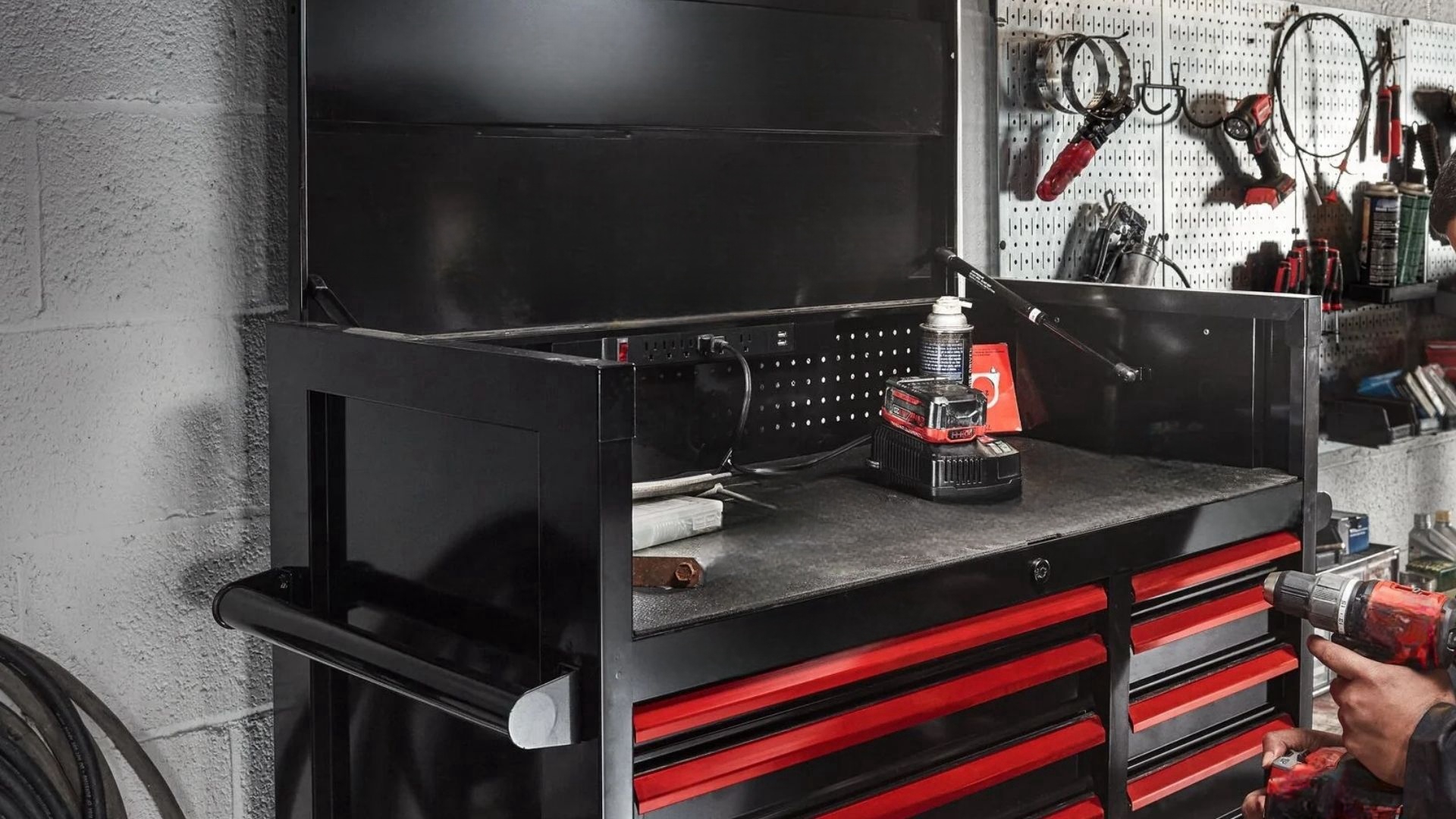
Tool boxes come in a variety of designs, each tailored to specific storage needs and preferences. Tool chest are large, stationary storage units typically found in workshops or garages, while smaller, portable tool boxes are designed for easy transport. Within the realm of truck tool boxes, you’ll find various configurations, including crossover boxes, side-mount boxes, and chest boxes.
Crossover tool boxes span the width of the truck bed and sit behind the cab, providing ample storage space without obstructing the rear view. Side-mount tool boxes run along the sides of the truck bed, offering easy access from the side of the truck. Chest boxes sit on the floor of the truck bed and are ideal for storing larger tools and equipment. This type of tool box is one of the most common. This type of box is usually equipped with a lock.
Steel truck tool boxes are renowned for their exceptional strength and durability. They are made of heavy-duty steel that can withstand heavy loads, rough handling, and harsh weather conditions. Steel tool boxes are often preferred by professionals in demanding industries like construction and heavy equipment repair.
However, the durability of a steel tool box comes with a trade-off. Steel is susceptible to rust and corrosion, especially in humid or coastal environments. Therefore, it’s crucial to choose a steel tool box with a high-quality powder coat finish that provides adequate rust resistance. Regular maintenance, such as cleaning and applying a protective coating, is also essential to prevent rust and prolong the life of your steel toolbox. It is important to choose best material.
Aluminum truck tool boxes have gained immense popularity due to their lightweight nature, exceptional strength, and inherent corrosion resistance. Aluminum is significantly lighter than steel, which can improve fuel efficiency and reduce strain on your truck’s suspension. Aluminum toolboxes provide great level of protection.
Moreover, aluminum naturally resists rust and corrosion, making aluminum tool boxes ideal for outdoor use and in areas with high humidity or saltwater exposure. While aluminum might not be as strong as steel in terms of absolute strength, modern aluminum tool boxes are designed with reinforced construction and can handle substantial weight and wear and tear. Aluminum tool boxes are great if you want to protect your tools.
| Feature | Steel Truck Tool Box | Aluminum Truck Tool Box |
|---|---|---|
| Material | Heavy-duty steel | Lightweight aluminum |
| Strength | Exceptional strength, ideal for heavy loads and rough handling | Strong and durable, but slightly less strong than steel |
| Durability | Highly durable, but susceptible to rust and corrosion | Highly durable and naturally resistant to rust and corrosion |
| Weight | Heavier than aluminum | Lighter than steel, improving fuel efficiency |
| Corrosion Resistance | Requires a high-quality powder coat finish and regular maintenance to prevent rust | Naturally resistant to rust and corrosion |
| Cost | Generally less expensive than aluminum | Typically more expensive than steel |
| Maintenance | Requires regular cleaning and application of a protective coating to prevent rust | Lower maintenance than steel |
| Ideal Use | Heavy-duty applications, construction, heavy equipment repair | General use, outdoor use, areas with high humidity or saltwater exposure |
| Appearance | Often has a more industrial look | Can have a sleek, modern appearance |
| Truck Owners | Professionals in demanding industries, those who prioritize maximum strength and durability | Truck owners who value lightweight, corrosion resistance, and a modern aesthetic |
While steel and aluminum are the most common materials for truck tool boxes, other options are available. Plastic tool boxes are lightweight, affordable, and naturally resistant to rust and corrosion. They are often used for storing lighter tools and are popular among DIYers and homeowners. There are a lot of plastic tool boxes on the market.
However, plastic tool boxes are generally not as durable as metal options and may not withstand heavy-duty use. Some manufacturers offer tool boxes made from composite materials that combine the benefits of plastic with added strength and durability. Wooden tool box is rare but you may also find one. Boxes are ideal for storing hand tools and power tools.
Choosing the right truck tool box depends on your specific storage needs, the type of tools you carry, and how you use your truck. If you need maximum storage space and carry a wide variety of tools, a crossover tool box might be the best option. It is very important to keep their tools safe and dry.
If you prioritize easy access to your tools from the side of your truck, a side-mount tool box could be a better choice. For storing larger, bulkier items, a chest tool box might be ideal. Consider the weight of the tools you plan to store. It is important to know tools you need to store. Tool box materials like stainless steel are very durable. Steel tool boxes are usually used by professionals. If you intend to carry heavy tools or subject your tool box to heavy-duty use, a steel tool box might be the best choice. However, if you prioritize lightweight and rust resistance, an aluminum tool box could be a better fit. You need to find tool box for your needs.
When choosing the right tool box, several factors warrant careful consideration. The size of the tool box is paramount. Ensure it provides adequate storage space for your tools and equipment without being overly bulky or obstructing your truck’s functionality. The dimensions of your truck bed will also dictate the size of the tool box you can accommodate. This is one of the most important to consider features. It is good to find storage solution for your needs.
Security is another crucial aspect. Look for truck tool boxes with robust locking mechanisms to deter theft. Some tool boxes feature advanced security features like tamper-proof hinges and reinforced lids. Consider the material of the tool box, as discussed earlier. Stainless steel and heavy-gauge aluminum offer superior security compared to plastic. Factors to consider when choosing a tool box are: intended use, material, size and security.
Truck tool boxes are typically manufactured using a combination of metal fabrication techniques. For steel tool boxes, sheets of steel are cut, bent, and welded together to form the box structure. The steel is then treated with a protective coating, such as powder coating, to enhance rust resistance. This type of tool box is made of durable materials. It is usually made of heavy-duty steel.
Aluminum tool boxes are constructed similarly, with sheets of aluminum being cut, shaped, and joined together using welding or riveting. Aluminum often undergoes anodization, a process that creates a hard, protective oxide layer on the surface, further enhancing its corrosion resistance. Plastic tool boxes are typically made through injection molding, where molten plastic is injected into a mold to create the desired shape. This is the most important information regarding truck tool boxes made process. Tool box made using this technology will serve you for many years.
| Stage | Steel Truck Tool Box | Aluminum Truck Tool Box |
|---|---|---|
| Material Selection | Sheets of heavy-duty steel | Sheets of aluminum |
| Cutting | Steel sheets are cut to precise dimensions using shears or lasers | Aluminum sheets are cut using similar methods as steel |
| Bending | Cut steel pieces are bent into shape using a press brake | Aluminum pieces are bent into shape using a press brake |
| Welding | Steel components are welded together to form the box structure | Aluminum components are welded or riveted together |
| Surface Treatment | Steel is often powder coated for rust resistance | Aluminum may be anodized for enhanced corrosion resistance |
| Assembly | Lid, hinges, locks, and other hardware are attached | Lid, hinges, locks, and other hardware are attached |
| Quality Control | Inspection for structural integrity, proper fit, and finish quality | Inspection for structural integrity, proper fit, and finish quality |
| Finishing | Final cleaning and application of any additional protective coatings | Final cleaning and any necessary touch-ups |
| Packaging | Tool box is packaged for shipping and distribution | Tool box is packaged for shipping and distribution |
Proper maintenance is essential to ensure the longevity of your truck tool box and prevent rust, especially for steel tool boxes. Regularly clean your tool box, both inside and out, to remove dirt, debris, and any corrosive substances. For steel tool boxes, apply a coat of wax or a specialized rust inhibitor to provide an extra layer of protection.
Inspect your tool box periodically for any signs of damage, such as scratches or dents in the finish. Touch up any damaged areas promptly to prevent rust from forming. Ensure the locking mechanisms and hinges are functioning correctly and lubricate them as needed. Tool box to keep all your tools safe should be regularly cleaned.
Organizing your truck tool box is crucial for maximizing its functionality and ensuring you can quickly find what you need when you need it. Start by sorting your tools and grouping similar items together. Use tool organizers, such as tool trays, dividers, and socket organizers, to keep smaller tools and accessories neatly arranged. Tool carriers are usually used to store smaller tools. You should buy a box to keep all your tools organized.
Consider using foam inserts or custom-cut foam to create designated spots for each tool, providing added protection and preventing them from shifting during transport. Label your tool organizers or compartments for easy identification. Regularly clean out your tool box and remove any unnecessary items to maintain an organized and efficient workspace. There is usually enough storage space to keep tools in one place. Your work truck will become a better place thanks to those tips.
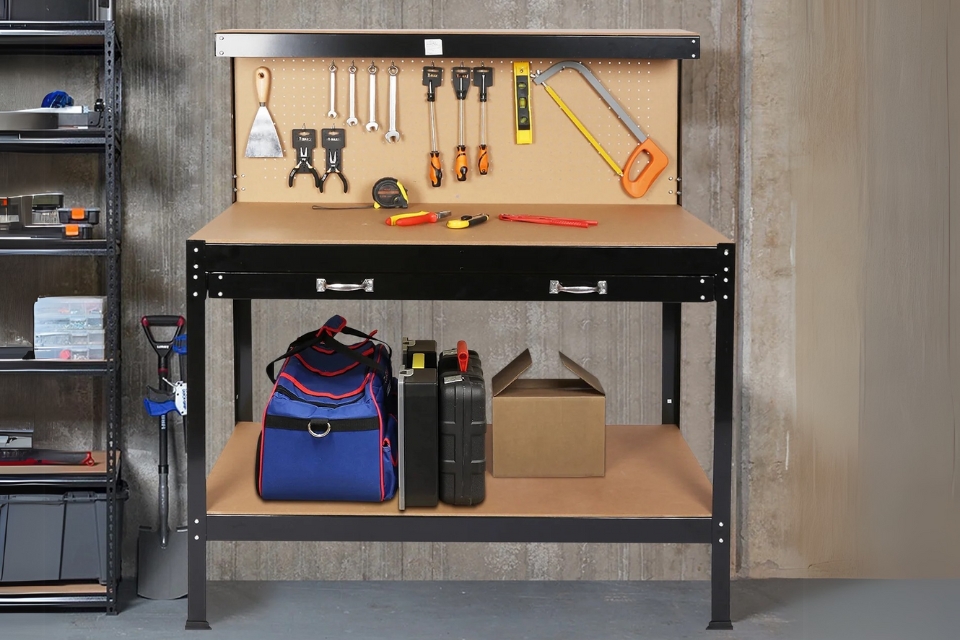
This article delves into the differences between workbenches and workstations, focusing on their applications within various industrial settings.
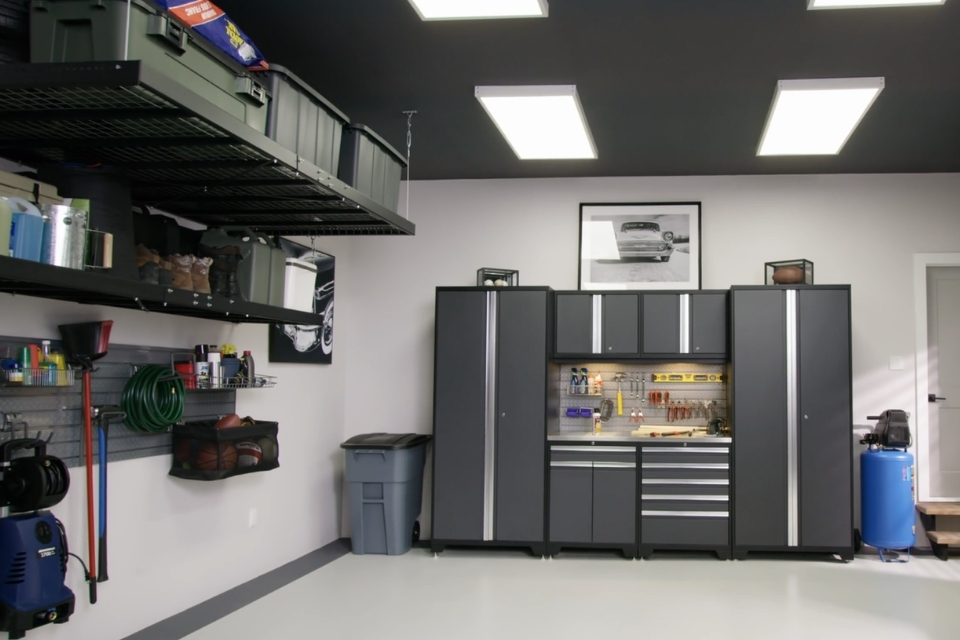
This article delves into the crucial question of whether garage cabinets need backs, exploring the structural and functional implications of this design choice.
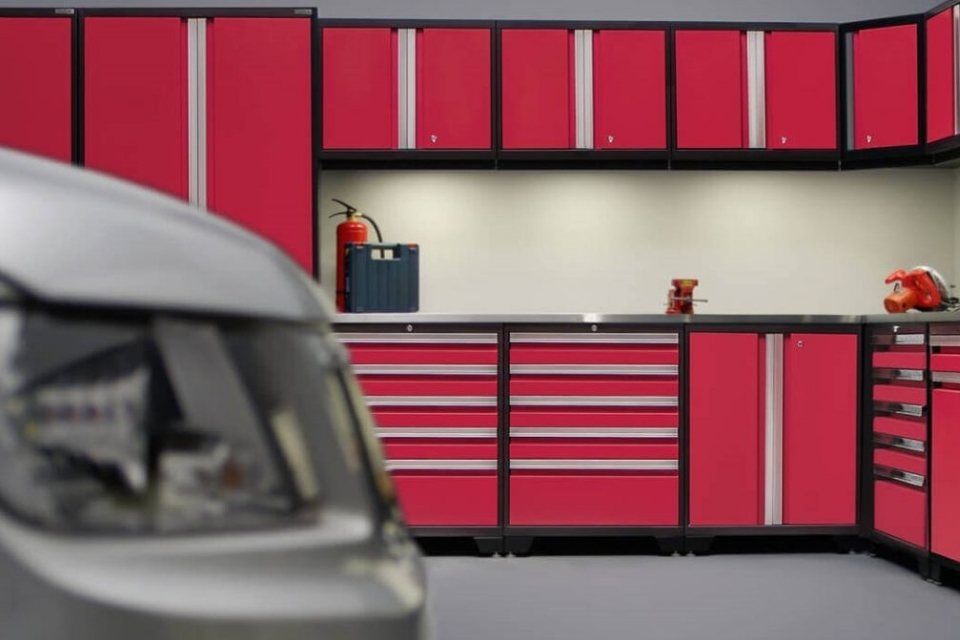
This article provides a comprehensive guide to designing an effective garage storage system, offering practical tips and innovative garage storage ideas to transform your cluttered garage into an organized and functional space.
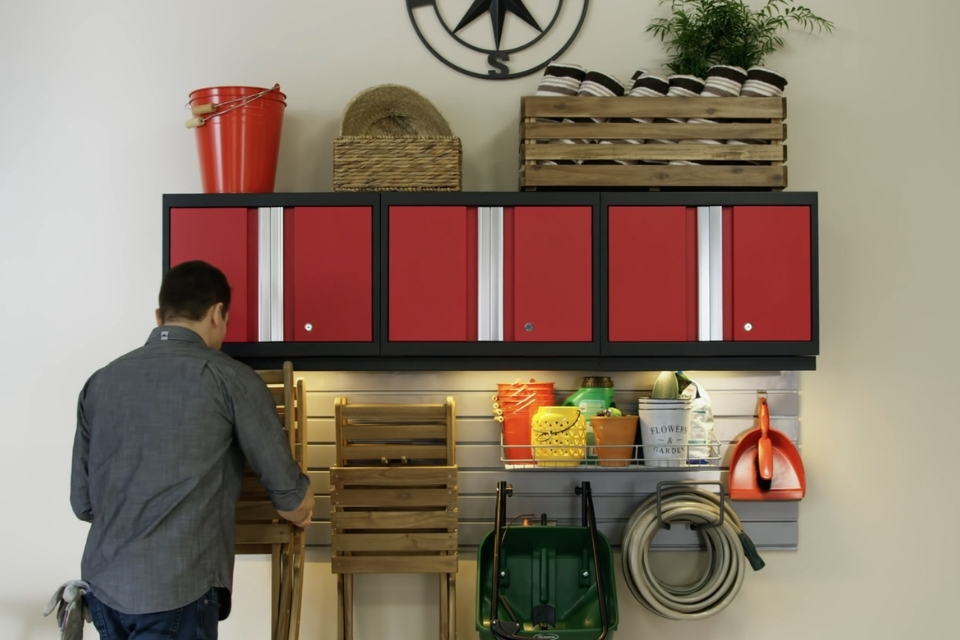
This article offers a comprehensive guide to tool box organization, providing practical tips and innovative organization ideas to help you arrange your tools efficiently.
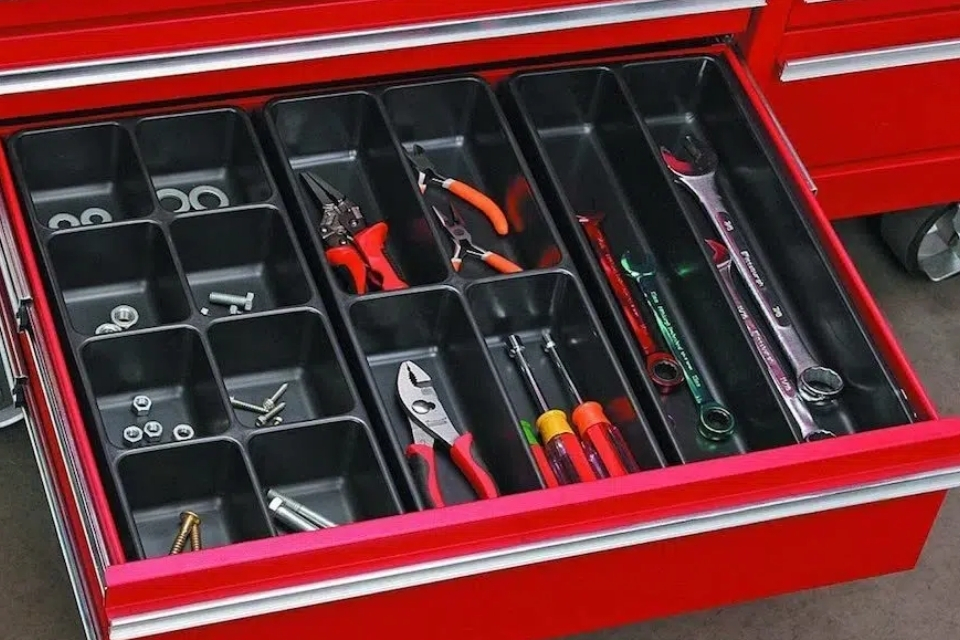
This article provides a comprehensive, step-by-step guide to installing a truck tool box, ensuring your tools are securely stored and easily accessible.
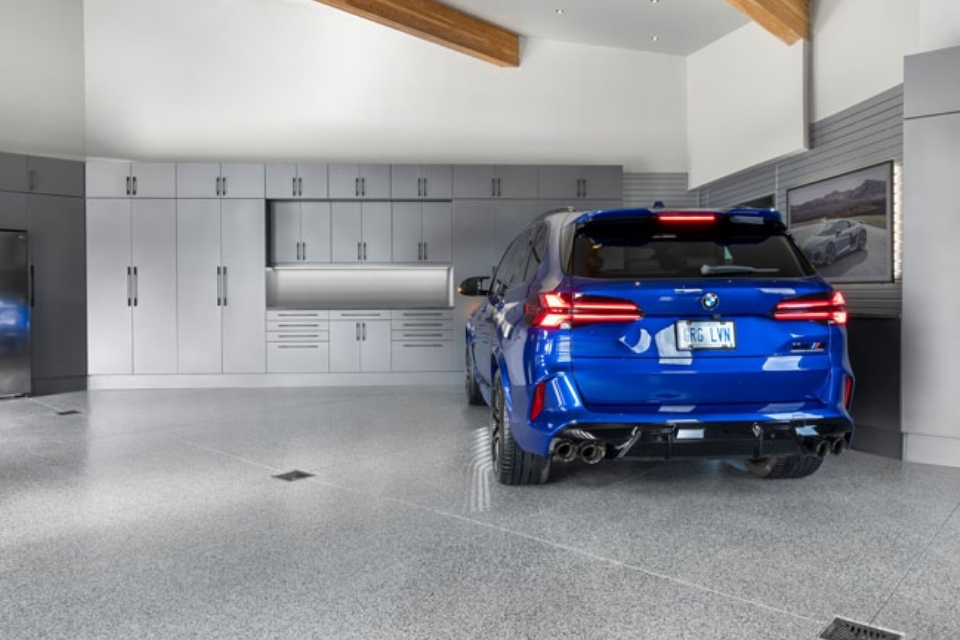
This article explores whether regular cabinets, such as kitchen cabinets, can be effectively used in a garage setting.
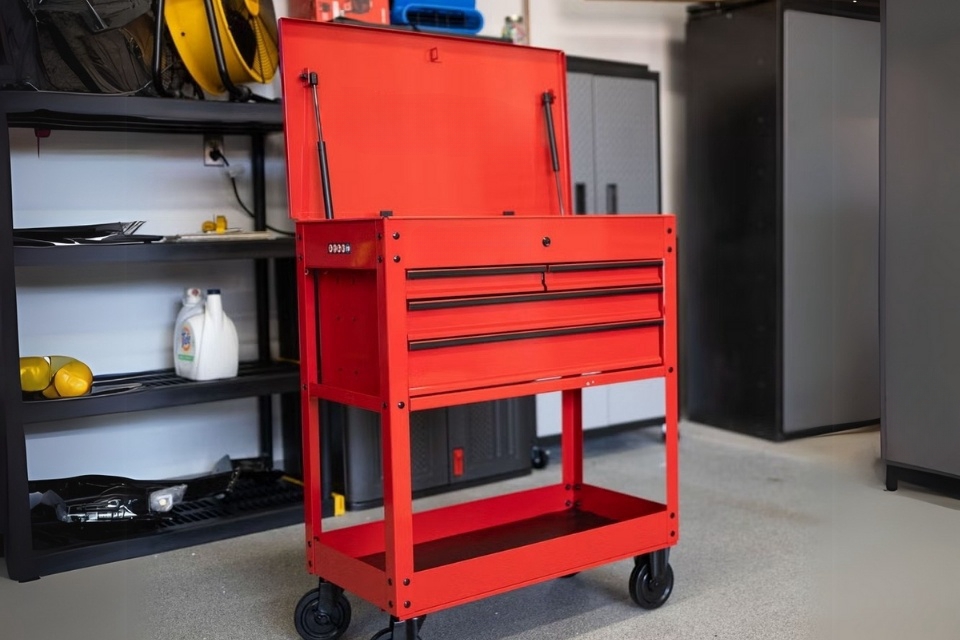
This article delves into the world of tool box chests on wheels, also known as rolling tool cabinets or rolling tool chests, highlighting their benefits as the perfect mobile storage solution for various settings.
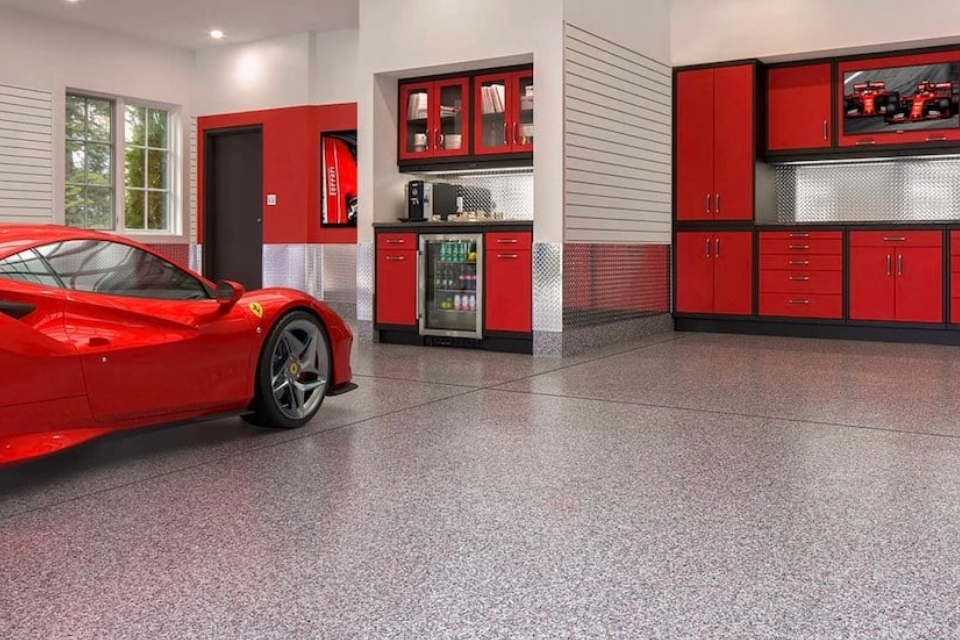
This article explores the crucial aspect of cabinet depth when it comes to garage storage cabinets, providing valuable insights into selecting the right dimensions for your needs.

We are the leading factory for tool cabinets product in China with fast delivery, free custom services and fantastic services.
@ 2024 The Tool Cabinets. All right reserved.
Fill out the form below, and we will be in touch shortly.